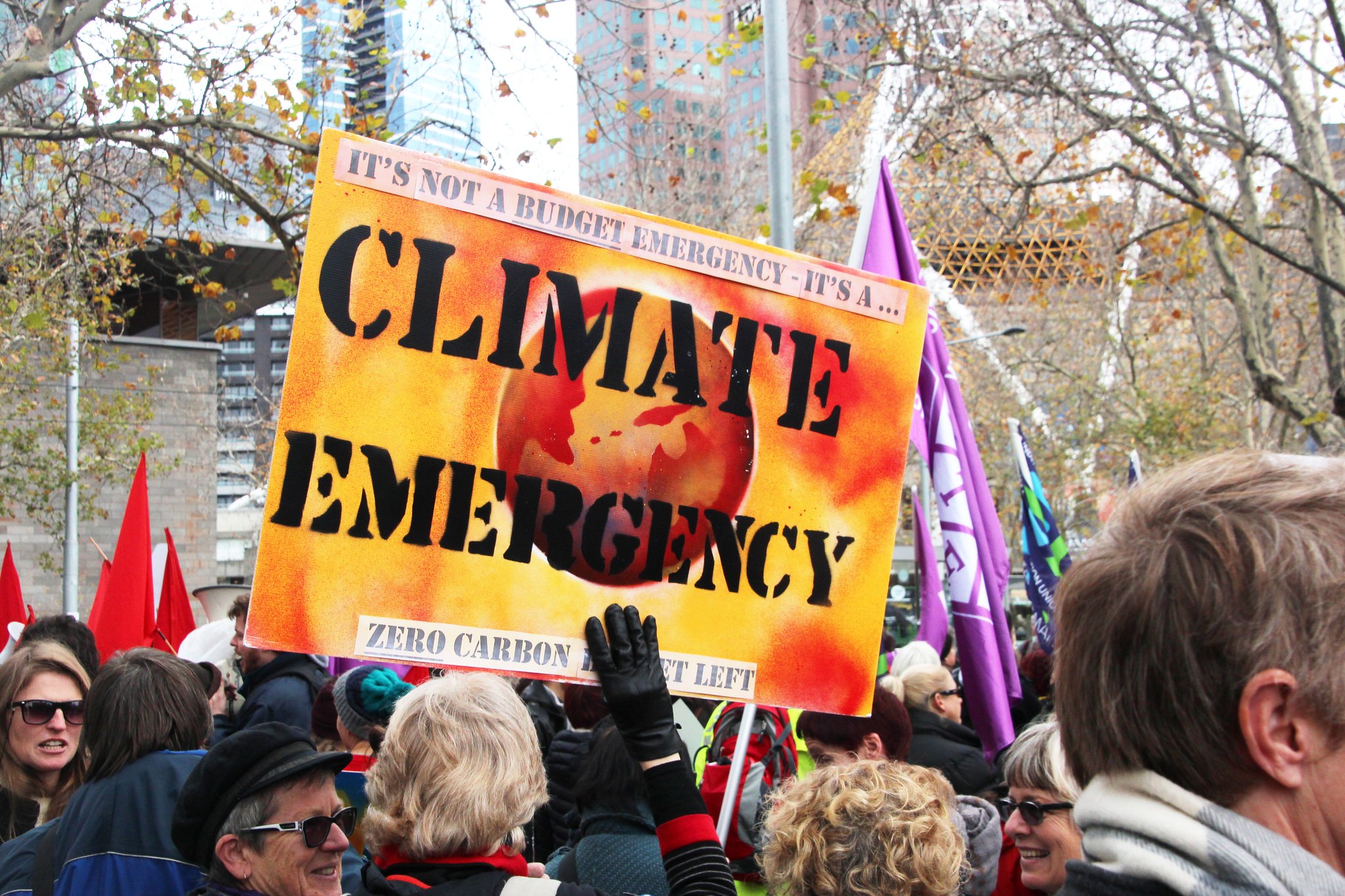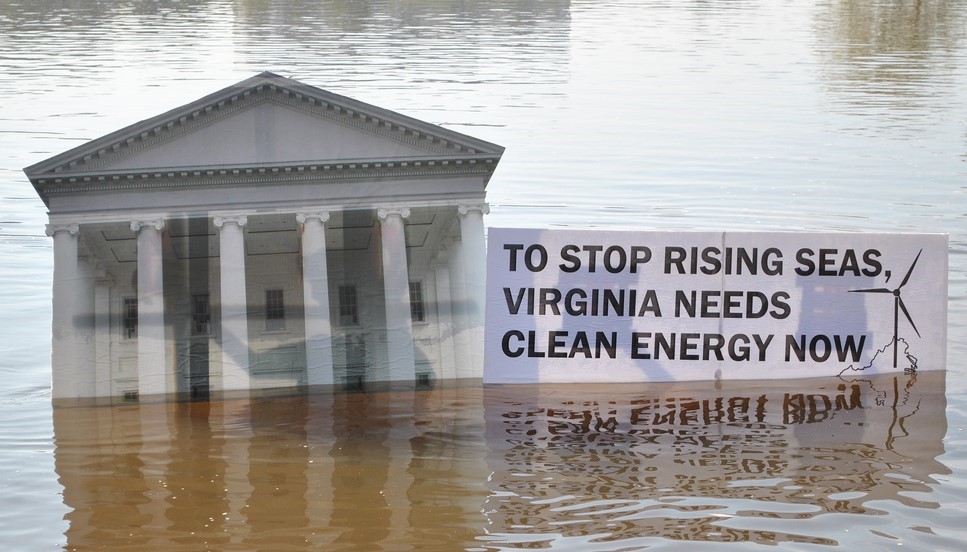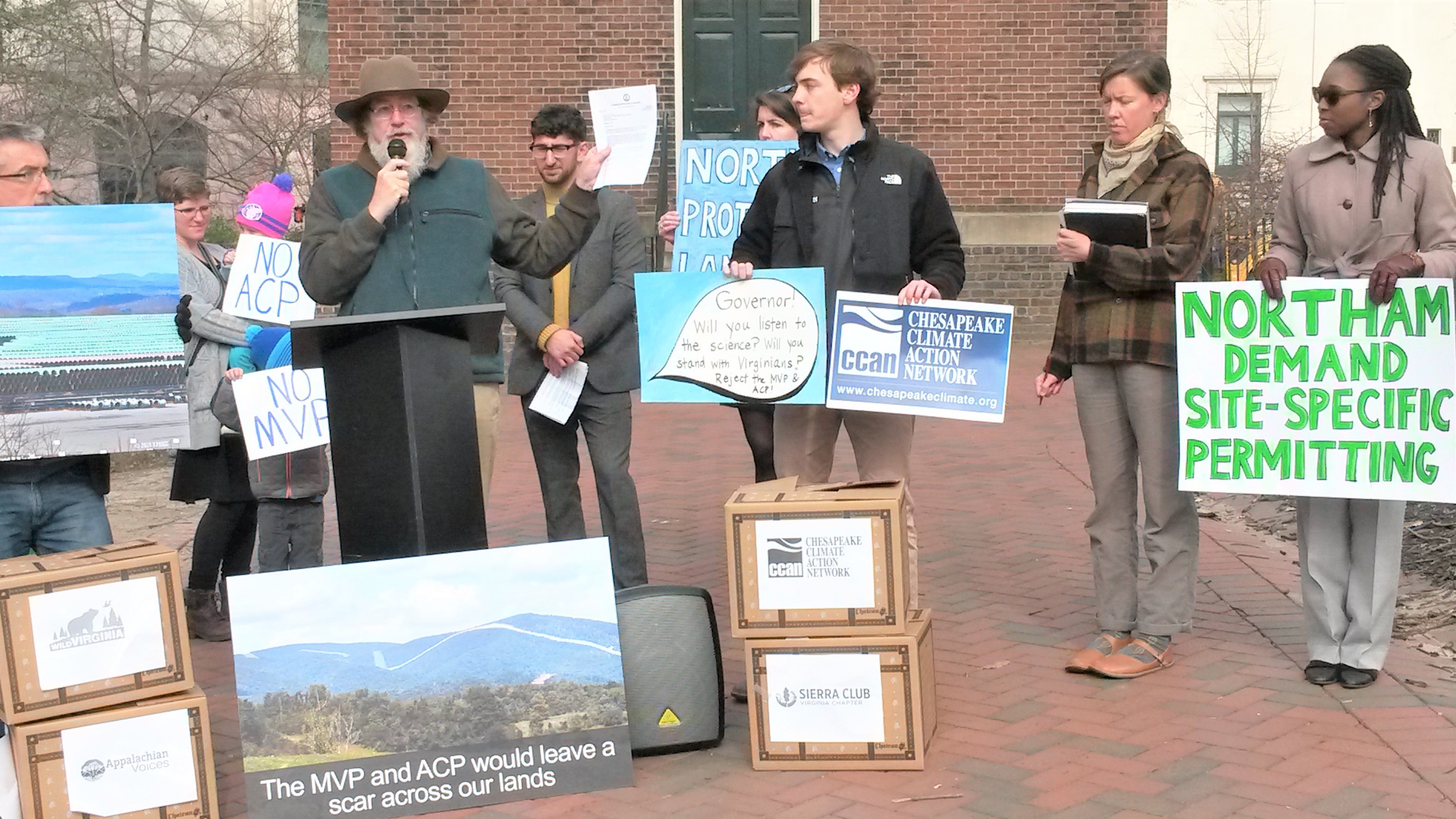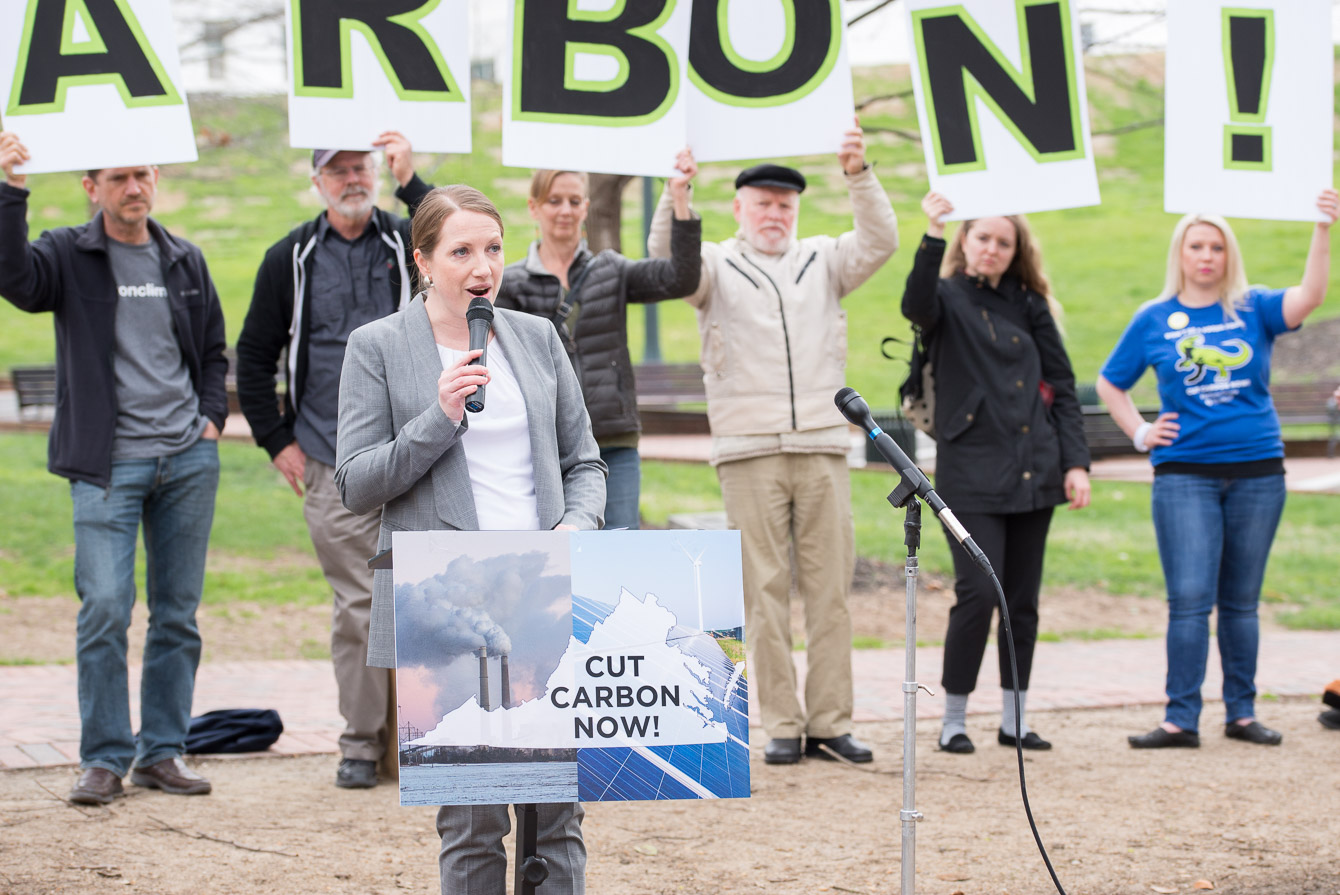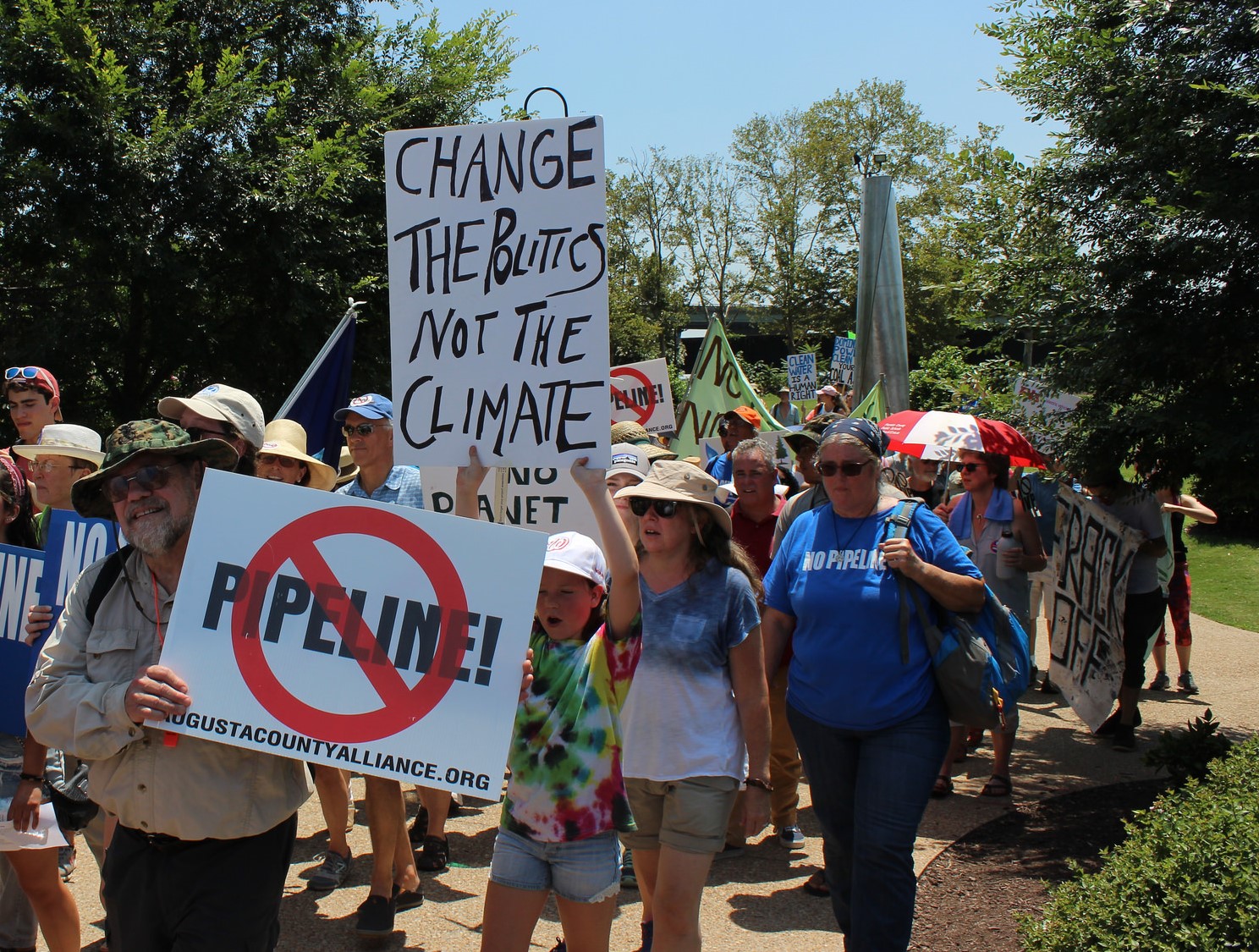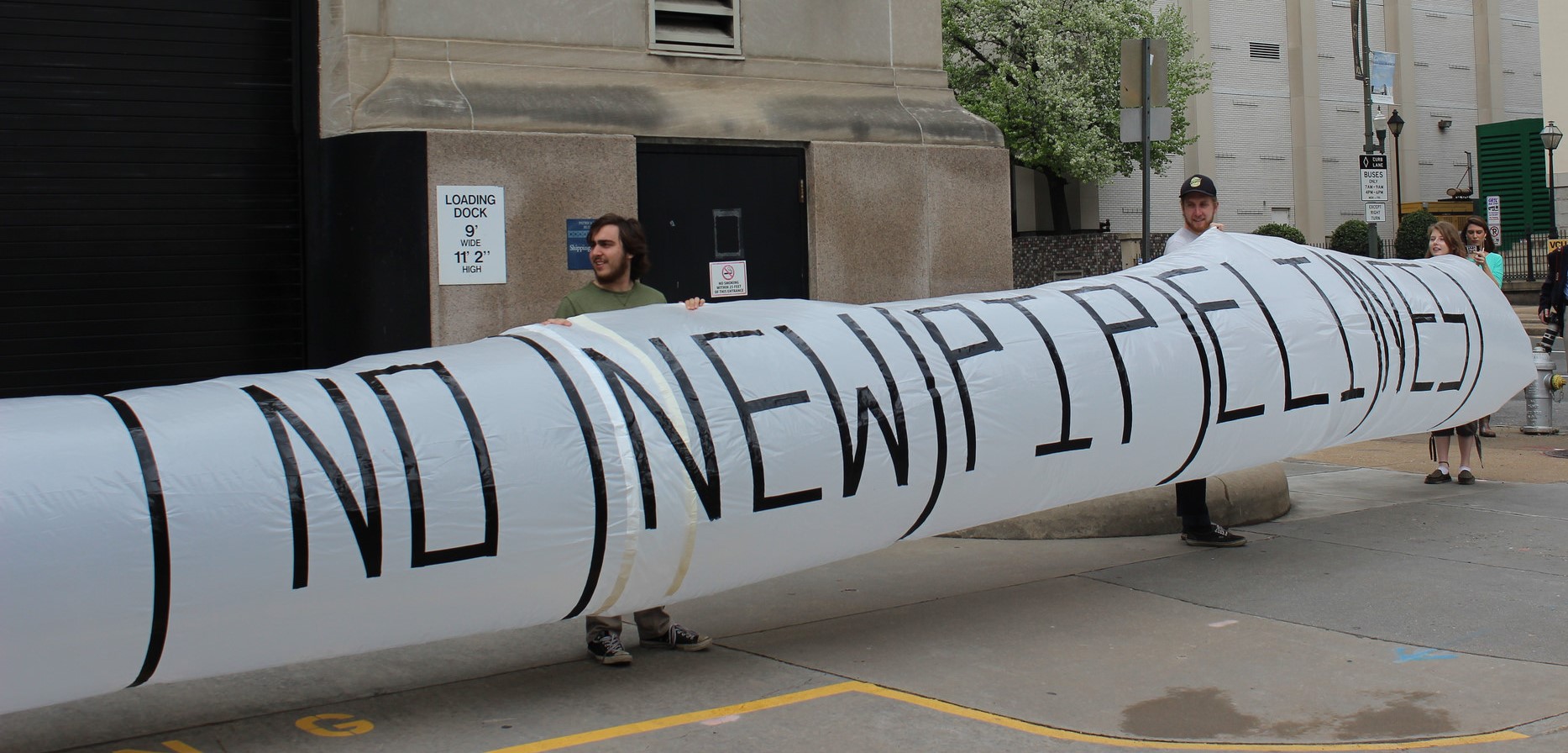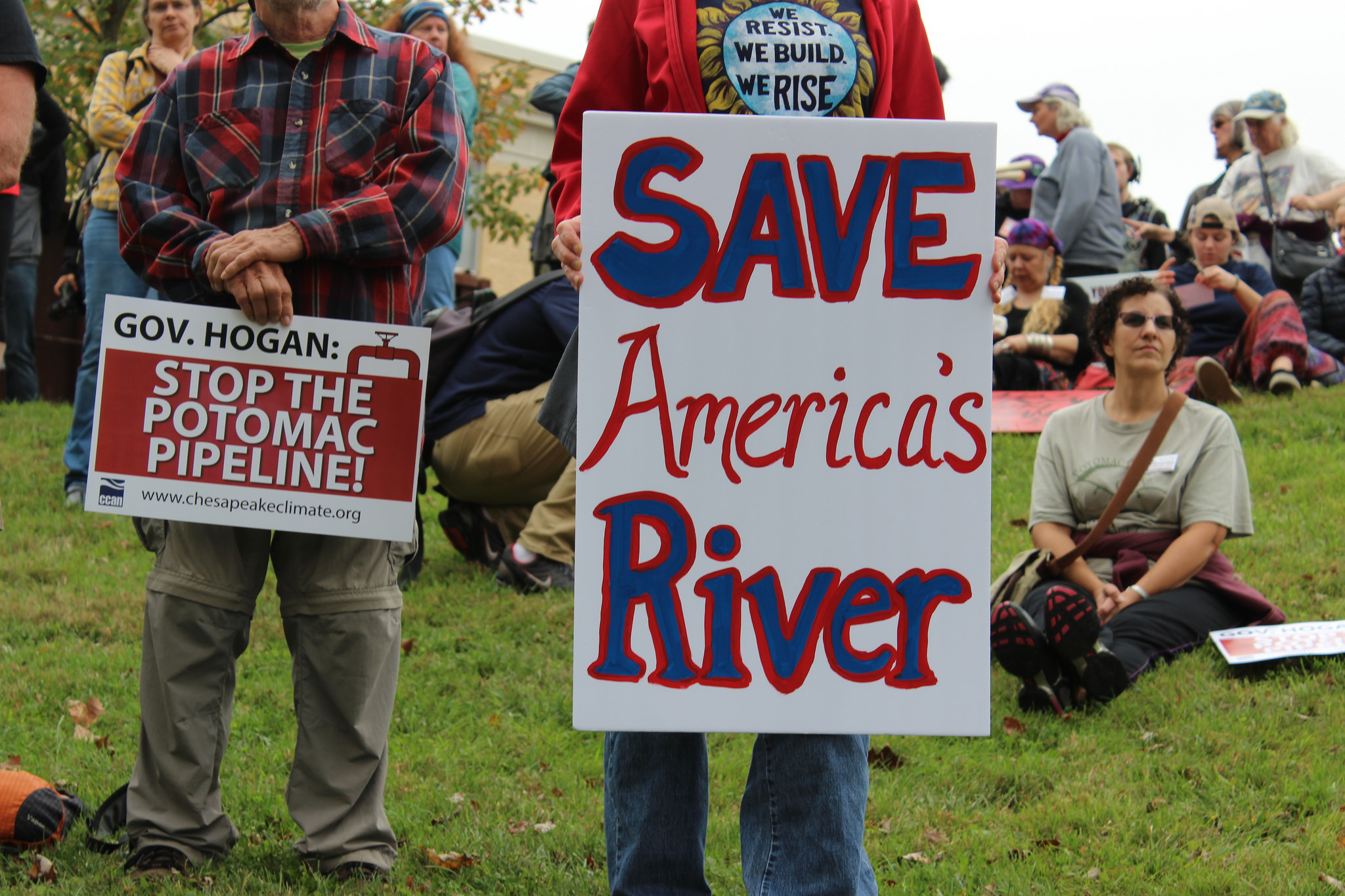For all I know, the old yellow mailbox was there on the porch on July 20th, 1969. The Takoma Park homeowners must have gotten letters from relatives and friends afterwards, everyone explaining where they were when astronauts first walked on the moon in black-and-white TV glory.
When I moved into the house in 1991, the aged, free-standing mailbox was still there, at the top of the porch stairs. For nearly two decades it remained. Then, about ten years ago, something odd happened. Bigger and bigger storms – including the 2011 Derecho — kept blowing the unattached mailbox (and lawn chairs) right off the porch. I put a stone in the back of the mailbox but the winds got stronger still. Last year I finally gave up and screwed in a new mailbox directly into the porch wall.
As extreme weather stories go, I’m lucky. I don’t have the surprise cascades of water flooding my basement or trees pancaking whole rooms like many Washingtonians. But here’s the truth: We all have climate stories now.
And so this week, as we mark the 50th anniversary of the first moonwalk, many people are thinking much more about the planet Earth than the faraway moon. So much has changed here at home since those first “Earthrise” photos appeared from Apollo. The massive, white polar ice caps, seen in the late 1960s through wispy clouds on an otherwise blue planet, have substantially disappeared. “It’s like looking at your ‘60s high school yearbook photo compared to who you are now,” says author and activist Bill McKibben. “That old Earth is long gone.”
What a leap of sci-fi imagination it would have taken for those 1969 Americans, so full of optimism and technological hope, to see us now: Washingtonians in July 2019 scrambling to the roofs of their cars to avoid drowning after six inches of rain fell in some places in one hour. The same city experiencing a heat index approaching 115 degrees by the end of July. Shopkeepers, meanwhile, in Annapolis and Norfolk and worldwide, boarding up waterside shops because those same blue oceans – so serene from space – are now massively swelling and crashing into continents. And across the DC area, beginning about ten years ago, varieties of the heat-loving Palmetto tree are now able to grow year round.
The same scientific method that got us to the moon has, for the past 50 years, been telling us the planet will warm and unravel if we keep using fossil fuels. Yet here we are today, still with no inspired national strategy – no 10-year moonshot plan — to solve the problem in the few years scientists say we have left to try.
Core blame, of course, rests with the oil companies like ExxonMobil who have funded climate-denying politicians and think thanks to confuse and lie to the public. But one day soon, to the sound of investigative gavels pounding on Capitol Hill, those same companies will wish they were the tobacco industry based on the staggering health implications and legal liabilities of their deception.
More immediately and locally, I worry about the media coverage of this crisis. Climate-enhanced Lyme disease is skyrocketing (I’ve suffered for ten years). Local vinyards are shutting down due to devastating early blooms. And, god, the flash flood warnings – beeping and flashing — blow up our phones almost daily. And yet the coverage in the Washington Post and elsewhere – while growing – is patently insufficient in volume and in connect-the-dots context. Yes, Post cartoonist Tom Toles’ keeps it real with his near-weekly focus on the irony and urgency of climate disruption. But shouldn’t every reporter and nearly every columnist be covering the issue with Tolesian frequency and urgency? Baltimore Sun columnist Dan Rodricks, a lifelong fisherman who has seen his favorite rivers and bays physically changed by global warming, recently pledged that one-third of all his columns will henceforth relate to climate change in some way. “What story is bigger than this?” Rodricks asks.
Finally and sadly on this moon walk anniversary, here’s a message for Washington Post owner Jeff Bezos: stop investing in space travel. Bezos’ quixotic company Blue Origin won’t be colonizing space anytime soon if that fragile, original experiment with organized life shuts down on the only blue planet we know. Better to put those billions of dollars into expanded Post coverage of the climate crisis and into direct financial investments in a moon-shot plan to electrify the Earthly economy with wind and solar power within the decade.
Finally, finally: If I could write a hopeful letter to the 2069 inhabitants of my home – both the Takoma Park ones and the planetary occupants – what would I say? Here’s what: “Happy 100th anniversary of the moon walk. Thank god we learned the right lesson – in time.”
Mike Tidwell is director of the Chesapeake Climate Action Network

